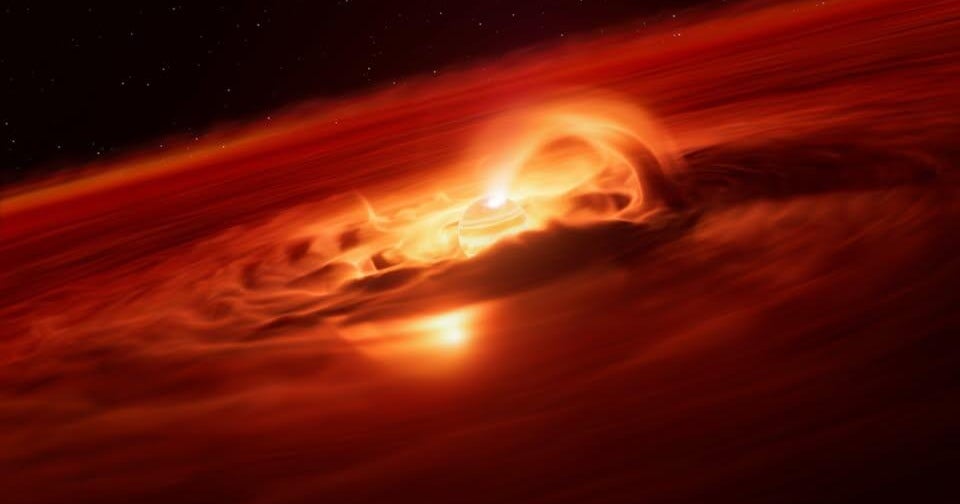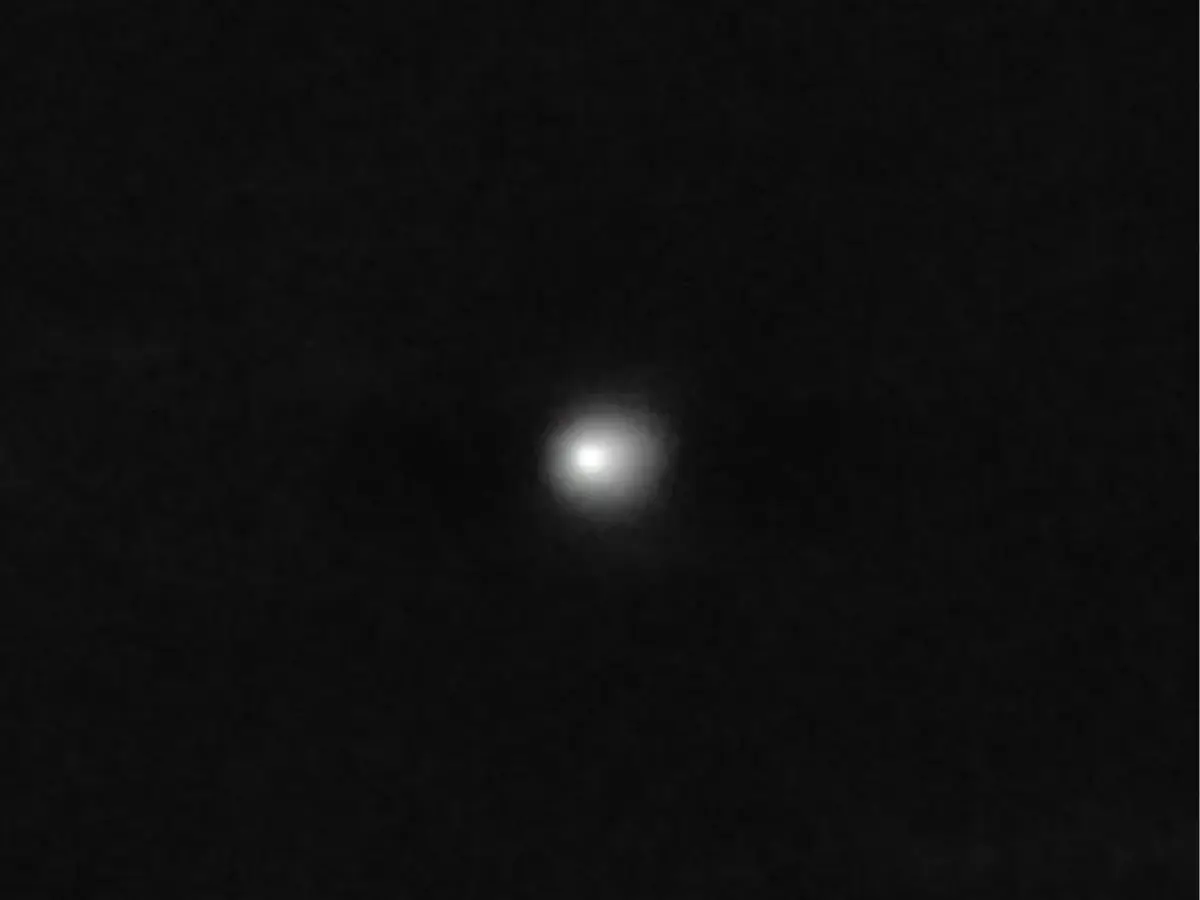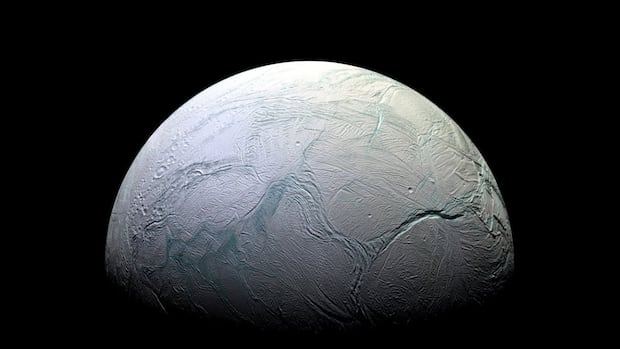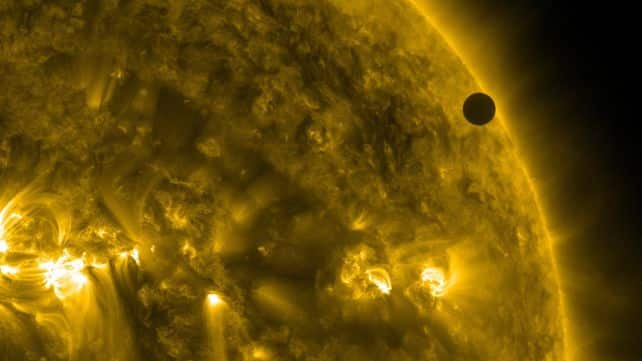Unbelievable Discovery: Life’s Building Blocks Found on Saturn’s Moon Enceladus!

Imagine this: scientists have unveiled a jaw-dropping revelation about Saturn’s icy moon, Enceladus. In a groundbreaking moment, data from NASA’s Cassini mission has revealed that complex organic molecules—essentially the same building blocks of life on Earth—are spewing from Enceladus’s geysers. These aren’t just ancient carbon relics; they are fresh, untainted molecules bursting forth like a cosmic fountain of chemistry!
This remarkable find doesn’t just hint at the possibility of life beyond our planet; it provides the strongest evidence yet that there may be habitable conditions lurking in our solar system. Enceladus, with its subsurface ocean, is transforming from a simple icy world into a thrilling candidate for potential extraterrestrial life.
To understand this, picture Earth’s underwater hot springs, where life thrives in extreme conditions. Enceladus likely contains similar hydrothermal vents beneath its icy crust, creating an environment ripe for chemical reactions that might lead to life. The geysers are ejecting these organic compounds recently enough to remain untouched by the harsh cosmic radiation that typically obliterates them in space. This unique feature elevates Enceladus from a mere “potentially habitable” moon to a front-runner in the search for life’s chemical ingredients.
Scientists have been on a cosmic scavenger hunt for the essential elements of life, known as the CHNOPS elements: carbon, hydrogen, nitrogen, oxygen, phosphorus, and sulfur. So far, they've identified five of the six crucial elements. While sulfur is still missing, the odds aren’t looking bad—especially when considering that otherworldly life could thrive in conditions similar to Earth’s deep-sea ecosystems. If life can thrive around scalding underwater vents on our planet, why not on Enceladus?
Now, with this exciting new information, both NASA and the European Space Agency are gearing up for ambitious missions to Enceladus. They’re designing spacecraft that could orbit the moon and even penetrate its icy shell to reach its hidden ocean. Finding direct evidence of life would not only change our understanding of biology but also reshape our place in the universe. Even if they come up empty-handed, just knowing more about Enceladus's environment will unveil profound truths about the conditions necessary for life.



























